Since its founding in 1892, local soya sauce brewery Kwong Cheong Thye (KCT) has worked to preserve the traditional taste of its signature product, which is served at many of Singapore’s top hotels and restaurants. But as the brand expands into a global market increasingly focused on sustainability, KCT has taken new steps to strengthen its green commitments and meet the evolving needs of customers.
These include tracking packaging materials, switching to electric vehicles and converting the diesel boiler at its production facility to run on gas. According to Mr Alvin Choo, KCT’s fifth-generation owner, every effort counts. “Although we are a small company, we want to make a difference for future generations,” he said.
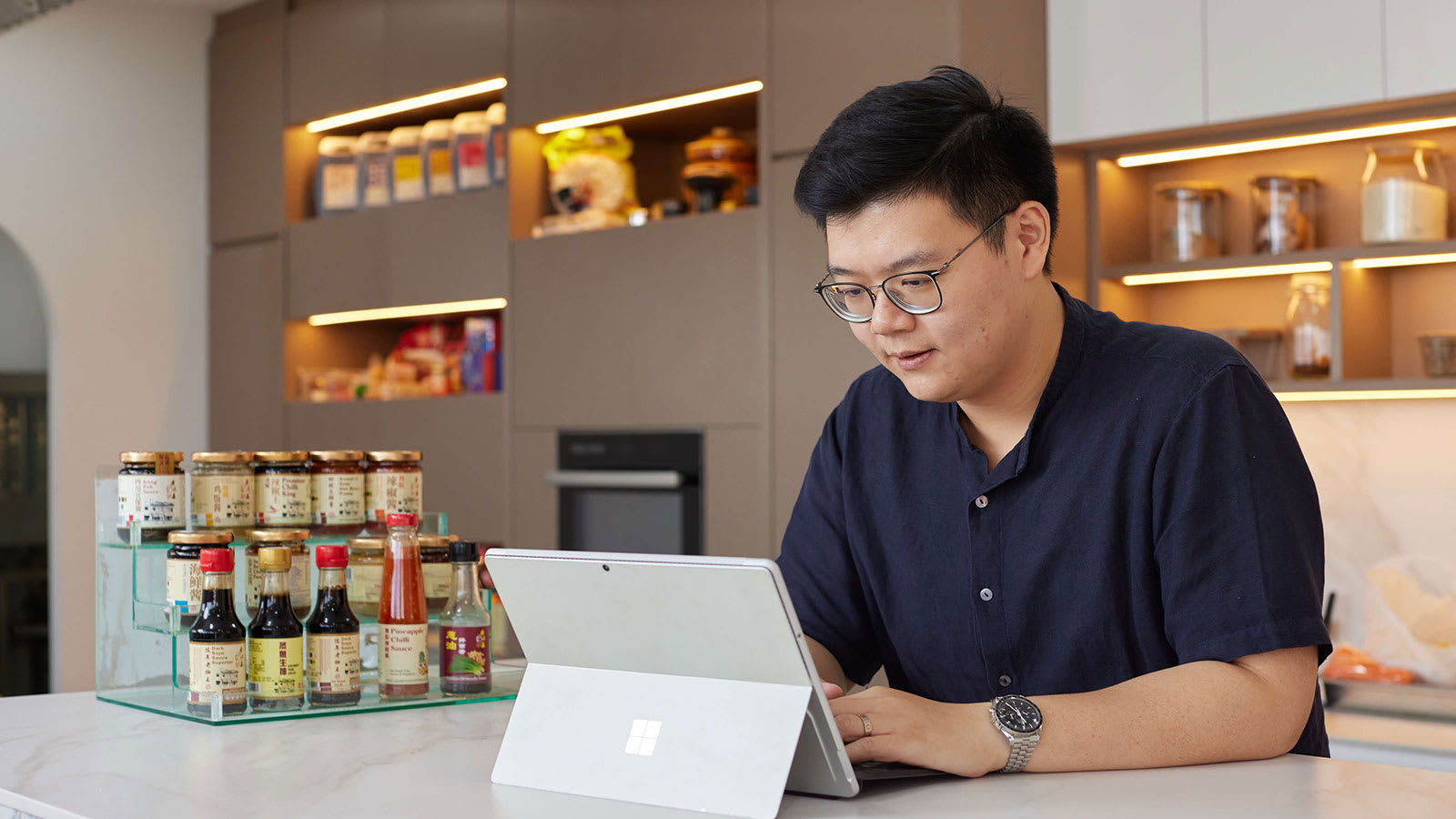
Similarly, Ponte Group, which runs award-winning restaurant LeVel33, is committed to exploring innovative approaches to advance its drive for environmental responsibility. The company partnered with with A1 Environment, an upcycling company, to turn coffee grounds into wood substitutes for furniture, and set up an in-house microbrewery that has already saved nearly three million bottles and caps.
The next step for KCT and Ponte Group was adopting new technologies that provide a comprehensive, data-led view of their sustainability performance and give them an eco-driven advantage in an increasingly competitive landscape.
FROM DATA TO DIRECTION
With greater awareness of climate change and tighter environmental oversight, businesses today face heightened regulatory and consumer expectations around sustainability, from product creation to goods transportation. According to the Sustainable Future Index 2025, seven in 10 Singapore residents believe sustainability is vital for the planet’s future.
Yet, fulfilling these expectations is easier said than done. Measuring the true impact of green practices and turning the findings into business decisions remains challenging. Mr Martin Bem, founder and managing director, Ponte Group, explained: “Usage figures for electricity and water alone don’t tell us much. What matters is the emissions behind them, such as the carbon footprint of each unit consumed.” While Ponte Group’s in-house sustainability officer painstakingly compiled spreadsheets with detailed resource usage, the company struggled to turn the data into actionable insights.
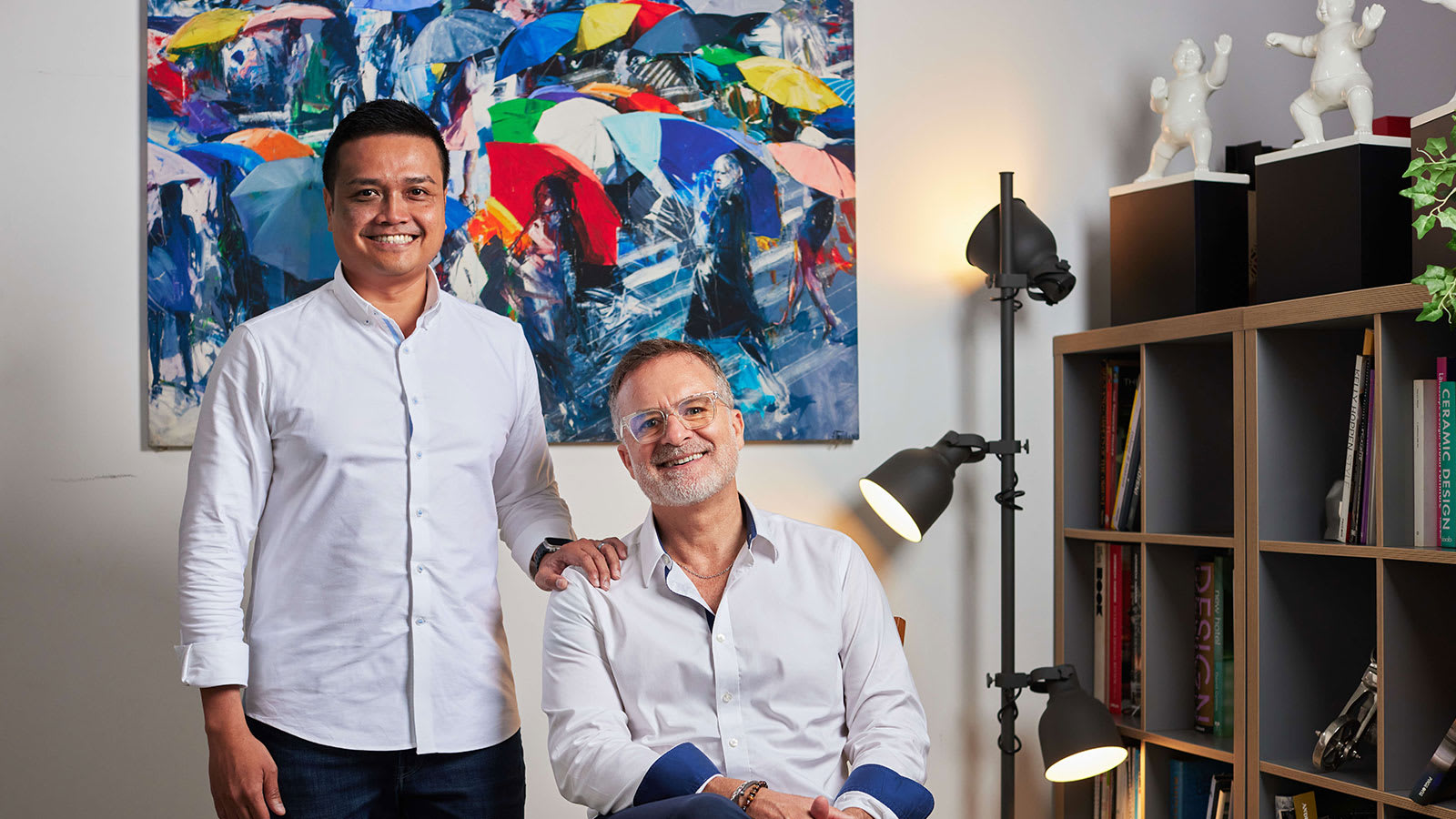
At KCT, Mr Choo faced resistance from staff who questioned the need to collect and analyse sustainability data, citing the effort involved. With the company’s long-term growth in mind, however, Mr Choo pressed on, recognizing that calculating KCT’s carbon emissions would not only guide strategy, but also help attract new clients prioritizing environmental, social and governance (ESG) goals.
With support from the Infocomm Media Development Authority (IMDA), both Ponte Group and KCT adopted carbon management tools that turned raw data into practical insights and helped chart the course for greener growth.
POWERING THE GREEN SHIFT
KCT and Ponte Group were able to draw on a list of digital solutions, giving them assurance that each option had been vetted for quality and relevance, and that their investment would be well aligned with their needs.
For KCT, the chosen carbon management platform stood out for its user-friendly design and clear, visual data dashboards, which made training less daunting for staff.
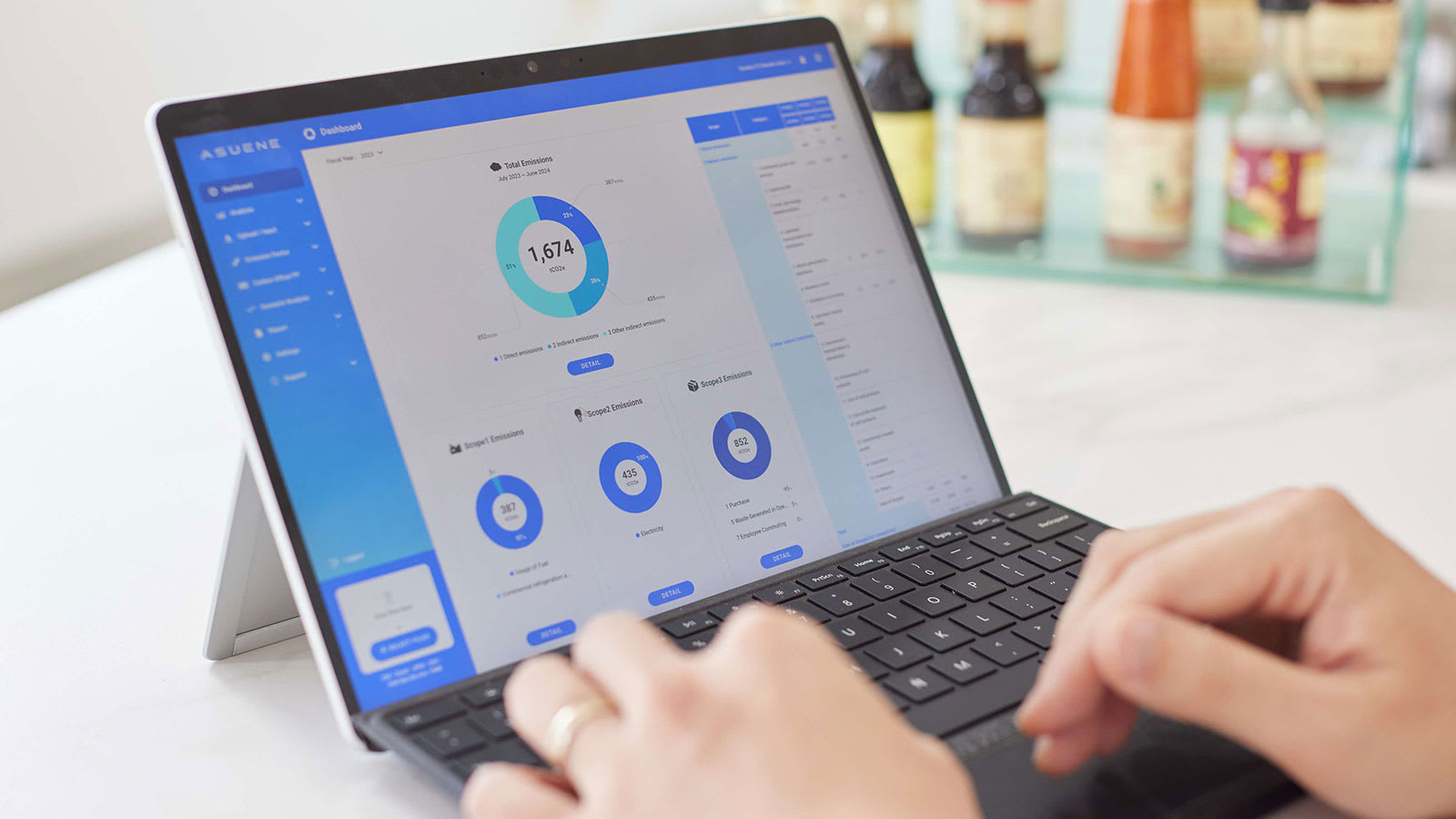
The cost was also significantly reduced, thanks to funding support received from IMDA. “We just needed to share our details to apply – it was so straightforward,” said Mr Choo.
Ponte Group was equally impressed. Its carbon management platform converted raw usage data into a detailed emissions breakdown across categories such as water, energy and waste – findings that now guide future procurement decisions. “It can tell us if the carbon footprint is higher when we buy a wine from the Barroso Valley or Napa Valley, or whether one kilogram of grass-fed beef emits more than commercially produced beef,” said Mr Bem.
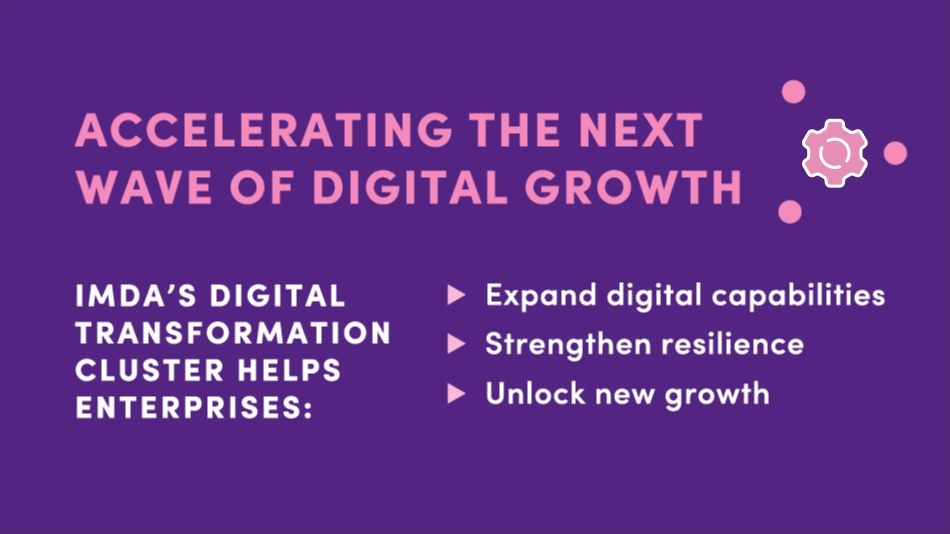
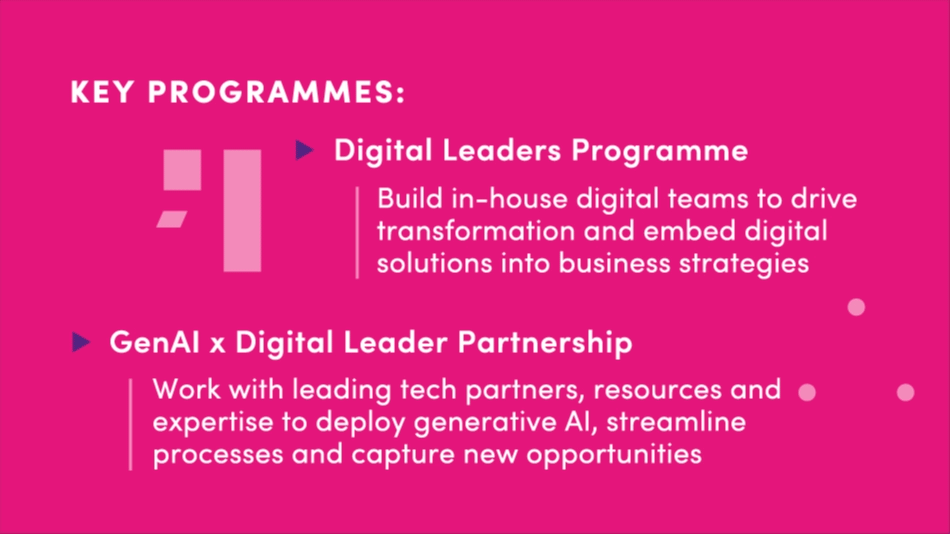
GAINING A COMPETITIVE GREEN ADVANTAGE
For KCT, the platform’s data visualisation feature offers a clear picture of its carbon emissions, making it easier to act on the findings and improve efficiency. By analysing past records, the company has seen its green investments deliver results – a strong incentive to keep going and apply new learnings to achieve further emission cuts. Looking ahead, Mr Choo expects emissions data to become a standard requirement across the food and beverage sector. He believes early adoption has already positioned KCT as a preferred partner for clients who prioritise sustainability.
“A major customer has already asked for our carbon footprint because our data counts towards their indirect emissions,” he said. “Having this information readily available enhances our value to them.”













